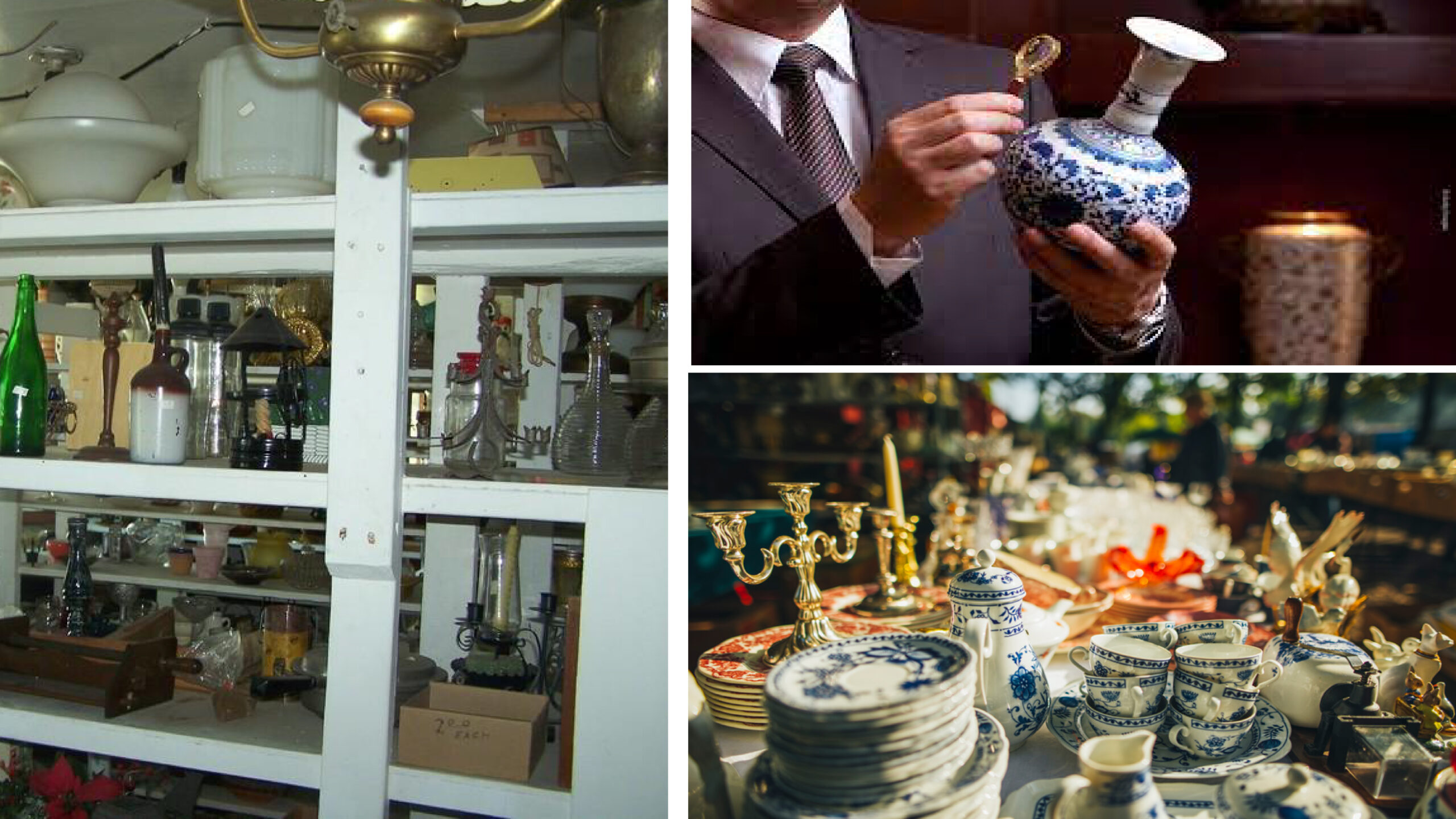Antique Evaluation vs. Appraisal vs. Liquidation: A Detailed Comparison
- Posted on 22nd March 2024
- in Antique Collection
- by Alan
Antiques are prized possessions that can hold sentimental and monetary value. Whether you have inherited or collected antiques over the years, you need to understand some essential terms such as antique evaluation, appraisal, and liquidation. These terms can be confusing but crucial for antique buyers and sellers. In this article, we will comprehensively compare antique evaluation, appraisal, and liquidation, helping you understand what they mean and how they apply to your situation.

Antique Evaluation
Antique evaluation is a process of determining the value of an antique, either in person or online. An in-person evaluation involves a professional appraiser examining the antique’s physical condition, rarity, age, and provenance to determine its value. Online evaluation, also known as evaluation, is a process in which the value of an antique is set online through a process such as undergoing an antique appraisal. If you are participating in an online antique auction, you put the item e-valuation once you stop bidding, as customary during an in-person auction. The only difference between valuation and evaluation is that an evaluation occurs online rather than in person.
Antique Appraisal
An antique appraisal is a formal process by which a professional appraiser determines the value of an antique. To determine its value, the appraiser examines the antique’s physical condition, rarity, age, provenance, and other relevant factors. The appraiser then presents a legal document stating the antique’s exact value, which is used for insurance, taxes, wills, and estate planning purposes. An experienced appraiser should conduct the appraisal, and the assessment should be based on various factors, including age, condition, and place of origin. When appraising an antique, check credentials, references, and years in business.
Antique Liquidation
Antique liquidation is a process in which a complete inventory of antiques is sold simultaneously. It can take place in a liquidation auction or another type of transaction. Since the antiques are being sold in bulk, the liquidation typically involves a discount, which is helpful to both buyers and sellers. When an antique liquidation takes place, the valuation of the antique items and their appraisals may differ from the price set for antique buyers to purchase because they typically get a bulk discount.
How Valuation, Appraisals, and Liquidations Come Together
Within the antique industry, there is a process that usually occurs when the transfer of buying and selling occurs. First, it is common for a piece to be appraised to establish its value or valuation. If this doesn’t happen, a person at an antique auction bidding on an item sets their version of appraisal, ceasing to bid past what they feel the item is worth. When a buyer is interested in purchasing an antique, they may request an assessment to determine the antique’s value before making an offer. If the seller agrees to sell the antique, they may choose to liquidate their antiques.
The Importance of Terms
It is important to learn the terms if you are participating in antique buying and selling. Failure to do so can hurt you in the long run. If you need to know what an antique appraisal is, how can you examine your antique to determine the price it should bring? And, if you need help understanding the valuation of your antique, you won’t know what price to charge for it, or if you are buying an antique, you won’t know how much the suggested price should be set at. The more you know about antiques and the terms used within the antique industry, the better moves you’ll be able to make when buying, selling, or simply shopping around.
Conclusion
Antique evaluation, appraisal, and liquidation are essential in the antique industry. Understanding these terms can help you make informed decisions when buying, selling, or valuing antiques. Whether you are a buyer or seller, an antique appraisal can help you establish the antique’s value, and an antique liquidation can help you sell your antiques in bulk. By understanding these terms, you can confidently navigate the antique industry and make better decisions.
